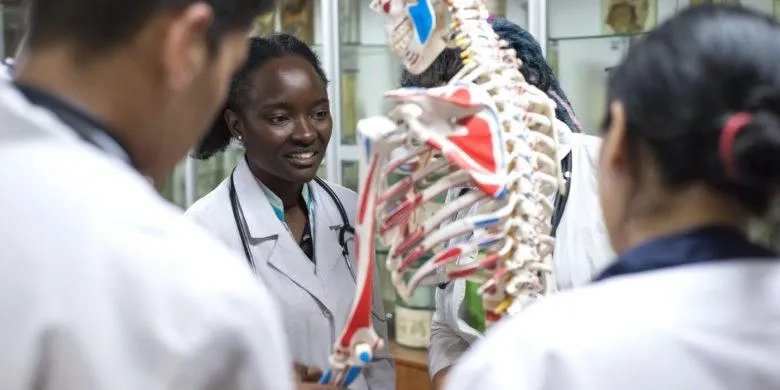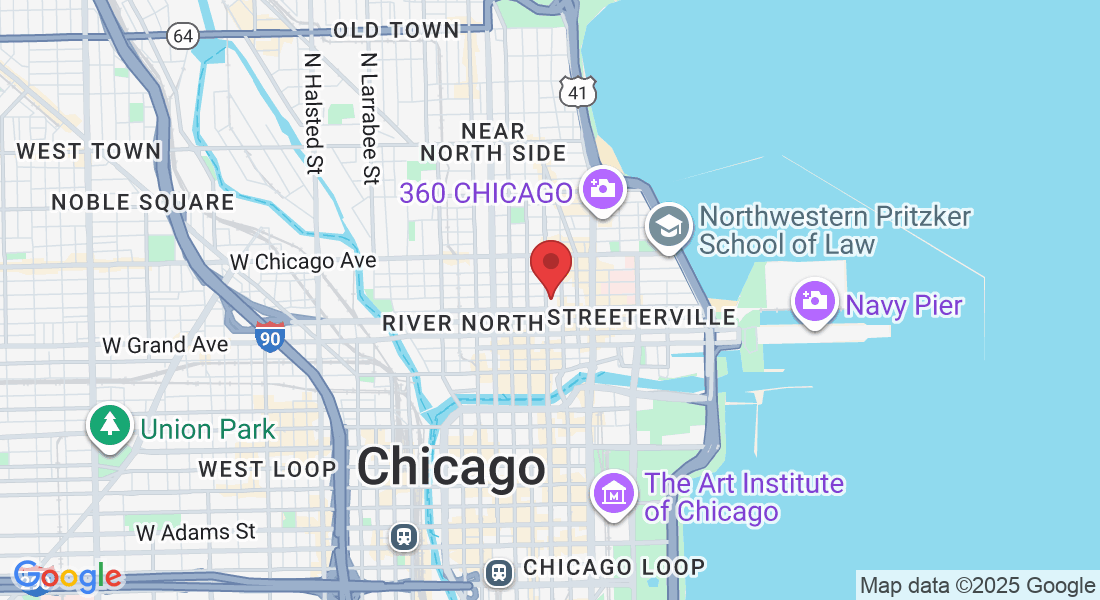
The Truth About What Happens When You Donate Your Body to Science
One way to give back after you pass away is to donate your body to research. In light of this, it can inspire optimism for upcoming generations. By giving, you can sometimes help people live longer and with less suffering.
If you are eligible, giving your body to science might be a lot more affordable alternative. Or, the difficulty associated with making funeral arrangements. There won’t be any costs associated with grave sites, caskets, or burials.
Furthermore, forgoing an expensive ceremony, can help save thousands of dollars. Furthermore, it could be just as simple, if not simpler, than the options chosen by others.
In this article, we offer guidance and discuss some of the frequent queries and worries. in order for you to move forward with the greatest decisions possible.
We strongly advise including close relatives and friends in your decision-making. In order to avoid any unpleasant shocks, it is crucial that they are aware of your wishes.
What Happens When you Donate Your Body to Science in USA
The best way to give back in life after death is through body donation. Particularly considering the possibility of using donated bodies for medical research or continued education. research on human anatomy that is completely lost after death, such as our organs, is generally needed!
It’s hardly surprising that demand for whole-body donations is higher than ever, in contrast to the green burial. It’s interesting to note that until recently, medical schools would only accept applications of this nature; nevertheless, numerous private programmes now take advantage of this situation nationwide.
The cost of body donation to science is a consideration. But more on that in this article’s subsequent sections. But be aware that the majority of programmes will pay for cremation charges. Your family will actually receive your remains back. You simply need to conduct some study and identify the best candidates for you.
You will run across The Uniform Anatomical Gift Act while doing some research. People now have the option to donate their entire bodies thanks to this law. The majority of states have done a good job of regulating the process through which people can give their bodies to science.
The local medical school or donation programme should be contacted as soon as possible after death. In light of this, consent forms will also be necessary. Keep current with their policies and processes as well.
Particularly when we make plans for how my remains will be disposed of following the dying procedure. We must emphasize how strongly we advise you to talk to your loved ones about your wishes. Allow them to participate in the entire procedure.
What are the Different Types of Body Donation
There are four common sorts of body donation, whether you are a senior or younger, when you pass away.
Organ/Tissue Donation– Donating an organ or tissue is a privilege because it helps save another person’s life. By donating your organs and tissues, you can prevent injuries and disease in others. Because of this, it will also enable you to survive through them. When you next renew your license, be sure to check the “organ donor” option.
Whole Body Donation: There is a full-body donation programme for medical colleges if you want to donate your entire body. Donations of the entire body can be very advantageous. It enables people who are content with nothing more than their remnants. In reality, it saves on funeral expenditures and other costs associated with conventional burials.
The plastination Process – Plastination is the method by which we preserve our body. By replacing physiological fluids and fat with plastic that hardens, the donated body will be kept. It will be heated with this in mind to produce an accurate mold of you! Incredibly great, in my opinion!
Body Farm: Both professionals and students can use your entire body as a tool for instruction. They get knowledge of the many stages of breakdown as a result. They won’t be able to send the corpse back home if you give your remains. It’s important to be aware that since 1965, cadavers have been employed at seven different “Body Farms” in the United States. Officials from Texas A&M University created it at that time. After all, the location, now known as the Tarrant County Morgue Huts Historic Site, was under Governor John Tower.
What Disqualifies you from Donating Your Body To Science
Your body might not be accepted for specific medical reasons. Organizations frequently only accept bodies with all of the organs present. If you’ve previously donated, please let us know.
Because of unnatural death, it would also result in issues for whatever reason. There is a good likelihood that this will also rule out an opportunity in this situation.
The severity of the sickness will ultimately determine whether a person can donate their organs. or any other problems that might exist at the moment of their demise. Trauma, as well as health issues brought on by weight, such diabetes.
Donation is not permitted since doing so could endanger someone else by removing life-saving organs.
Why A Donation May Be Denied
Understanding the dangers and the repercussions of having your application rejected is crucial. Following are some explanations as to why programmed registration may reject donations:
Examination of your body
Infectious diseases including HIV/AIDS, hepatitis B, and hepatitis C
Emaciated\Obesity
Renal failure
Before travelling to the Mayo Clinic, the donor was embalmed.
Previously donated organs
After 48 hours, death
Major Body Trauma at the Time of Death
Use of intravenous (IV) drugs in the past
Medcure Body Donation Program
A nonprofit organization called MedCure serves as a link between contributors and doctors. Additionally, MedCure is a group that provides whole-body donations to the medical sector for its benefit. These people are essential to the medical community because they give important research data. Moreover, contribute to future breakthroughs in the management of numerous disorders.
All potential donors are thoroughly vetted by the MedCure funeral home. This is done in order to guarantee that persons whose full bodies are donated will be put to good use in research. the same way also applies to schooling classes. particularly when they die of natural reasons like old age.
Additionally, where their death is unaffected by sickness. This offers doctors incredibly useful information. Additionally, nurses and other medical workers depend substantially on gifts like this as well!
To be clear, selecting a body donation programmed with AATB accreditation guarantees that donors are given the utmost care. For all of its organizations, the AATB establishes moral guidelines.
While providing donors’ families with reassurance that their donation would only be used for appropriate research or educational initiatives.
How Do I Arrange To Donate My Body To Science
There are primarily two methods for donating your body for scientific study. Whole-body donation is the first choice. This will enable the beneficiary programmed to cover all associated costs.
Remember that these costs also cover transportation and cremation. If both parties have agreed in advance, an organization may occasionally pay for these expenses.
It’s crucial to obtain your permission before giving your body. You require a signed declaration (codicil). You must express your desire for medical science in the declaration. It is possible to do this online or in person with an anatomical institute.
Making the decision to donate your entire body to science is quite significant. Given this, it is crucial that you inform your friends, loved ones, and family of your choice. There shouldn’t be any unpleasant surprises in the future. Your family might also have inquiries. This is an opportunity to include them in the procedure.
Please be aware of this possibility, plan ahead, and be aware that it might not work out. In the event that you are turned down by the programmed, you need a backup plan. Create a backup strategy with your family and close friends. Create a Will with your wishes in it as well.
Does Donating Your Body To Science Cost Money
You might be shocked to learn that giving your entire body for donation is not entirely free. Once more, there are no direct costs associated with giving your entire body to science. Expenses for a casket or a funeral may be one example, but there may also be other charges. These expenses could consist of, but not be limited to:
The movement of the body
Submitting a certified document to the social security office
Home-of-funeral service
Cremation
Dispersal of ashes or returning of cremated remains
Body Donation vs Burial and Cremation Insurance
Here are three common ways to donate your body in instead of buying life insurance or burial insurance.
Anatomical Donation–If organ donation is not an option for you, you may be able to donate your entire body to science. Whole-body donations can significantly enhance lives in a variety of ways, but they are also expensive. Only via prospective chances for medical research, education, and training
Traditional Burial and Burial Insurance – In America, burials have long been the norm for final arrangements. It adheres to the burial traditions and customs of the majority of religious groups. Remember that this gives you a physical location to visit your loved one’s burial or place of ultimate rest. Depending on your requirements, the cost of a burial might range from $7000 to $20,000 or more on average.
Cremation and Cremation Insurance – Notably, the rising acceptance of cremation among some religious communities has been linked to both its decreased cost and its rise in popularity. Even if a family chooses cremation, they can still want to hold a memorial service. For starters, there are a variety of alternatives for what occurs after the ashes of their loved one are scattered or placed in a lovely urn. Depending on your preferences and whether a ceremony is planned, cremation insurance might cost anywhere from $2000-$8000.
Covid19 and Body Donation
When we conducted our own research, we discovered some fascinating information about Covid19 and donating.
Donations were no longer being accepted for the time being at the Ohio State University College of Medicine. In fact, the organization declared in April of this year that it will once more accept donations from COVID-19 victims.
After the virus emerged, they put new procedures and rules in place. Overall, to better safeguard current and future body donors as well as individuals who give their bodies for research.
Midwestern University also doesn’t test corpses for COVID-19 and has never stopped accepting donors.
Conclusion
We’ve seen how giving your body to science can promote investigation into and practice of medicine. It is a kind deed that helps a lot of people. Before leaving your mortal coil, there are a few things you should know about it.
To be clear, donations might not be welcomed. If you have a contagious or communicable sickness. This approach might be more challenging for some traumatized individuals. Particularly for families who require closure after losing a loved one unexpectedly.
Funerals are expensive, and if you pass away suddenly from trauma and your body cannot be donated or is not accepted, your family will be responsible for all costs.
Funeral expenses may be covered in part by burial or cremation insurance. In the event that something unfortunate occurs when your family most needs it.
Making the ideal decisions for you and your family is our passion.



